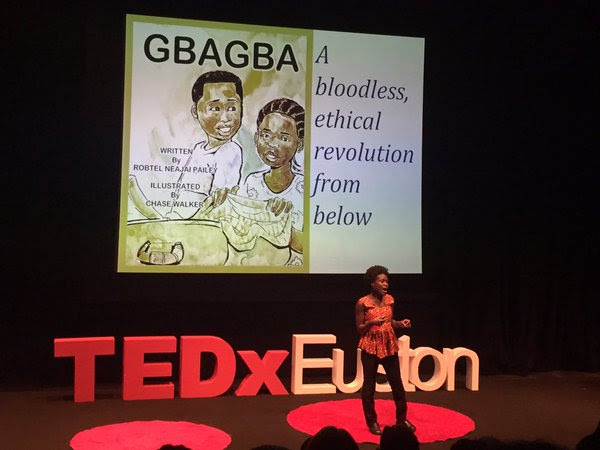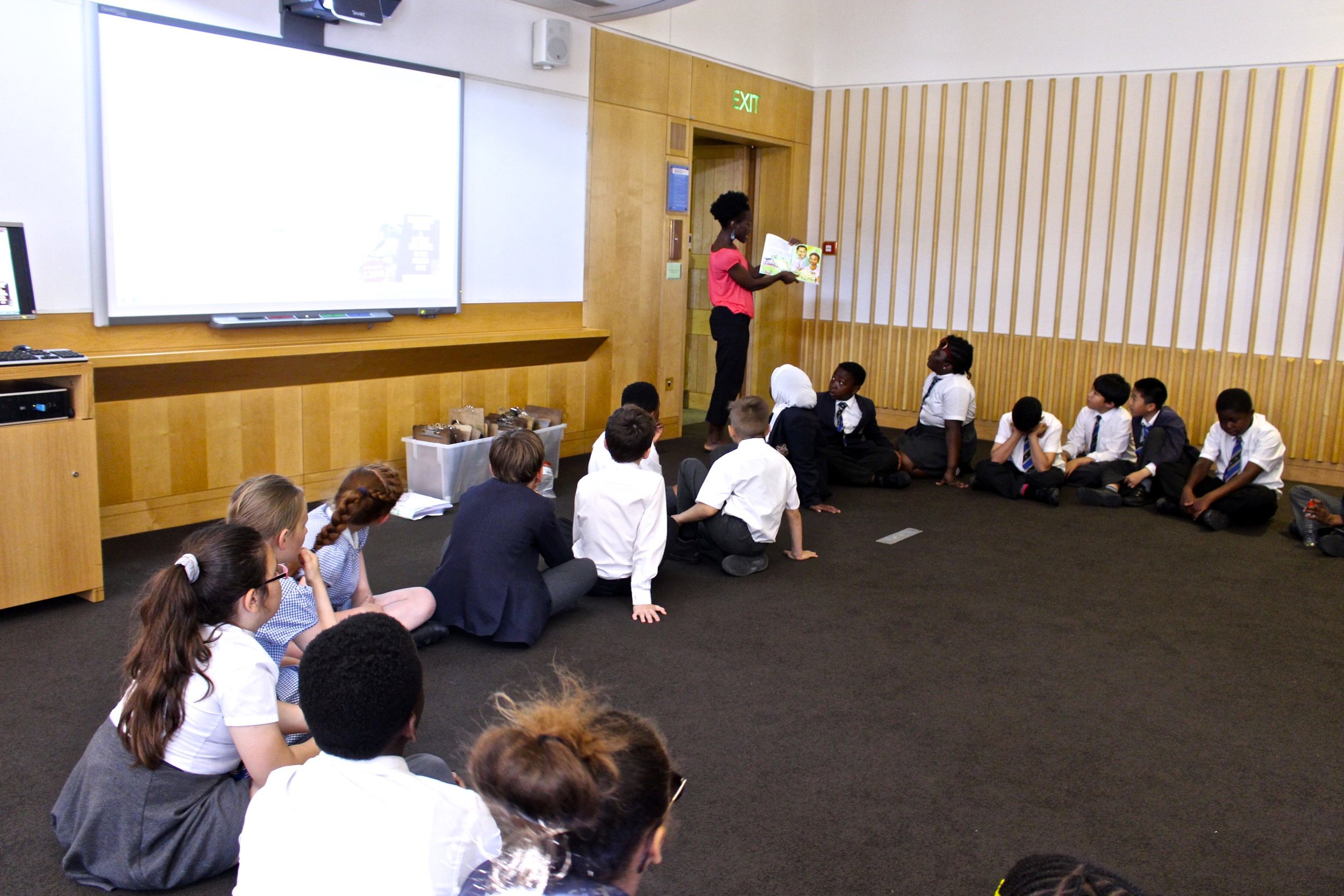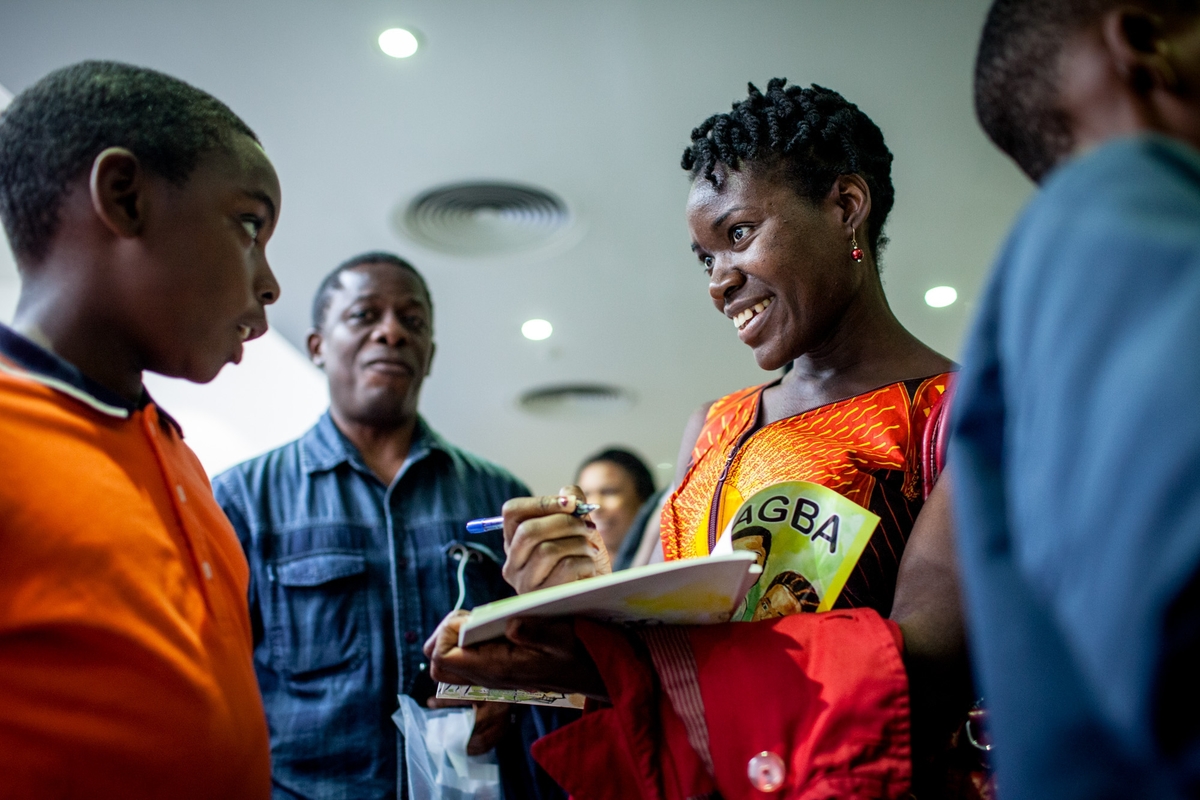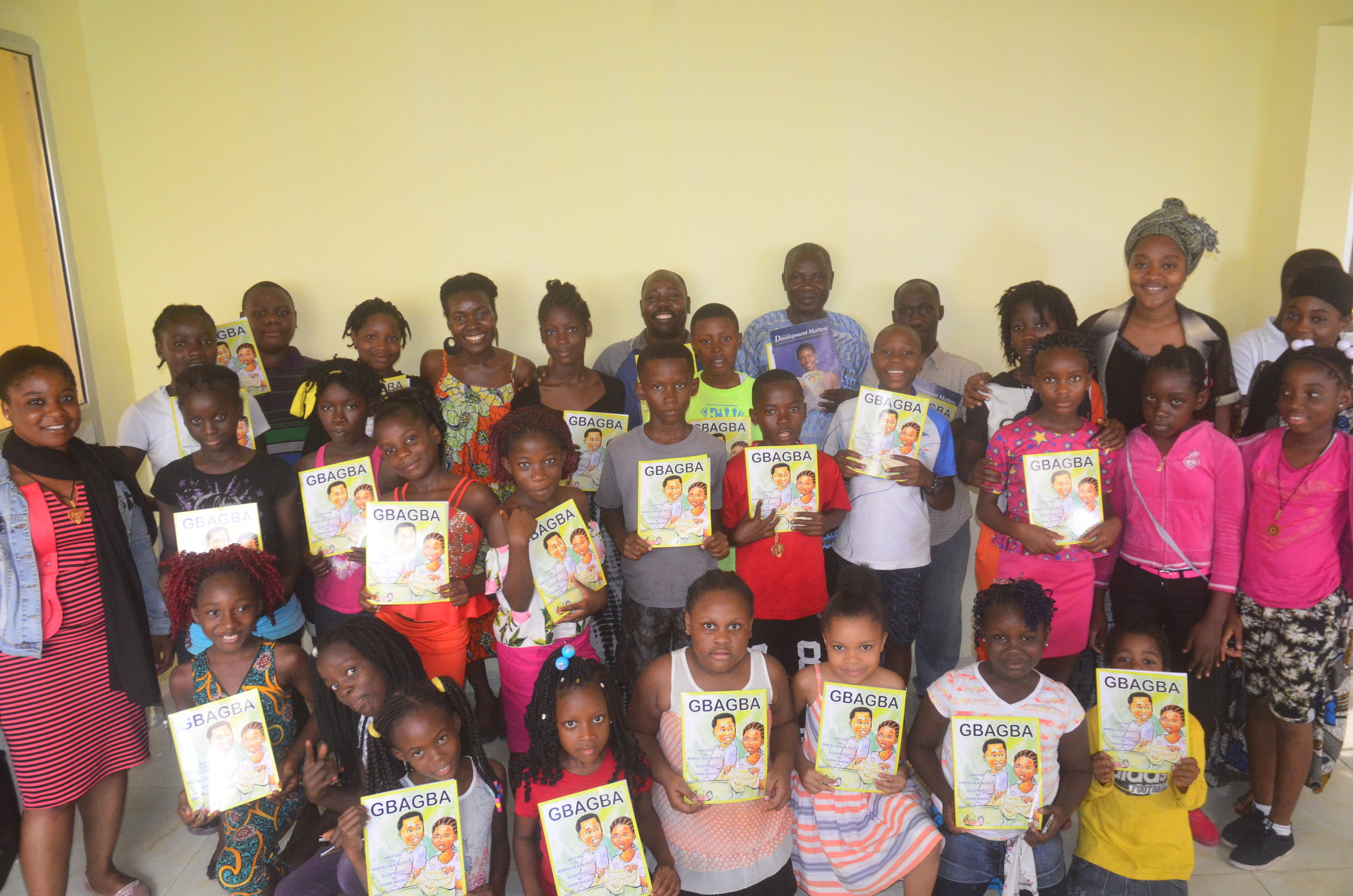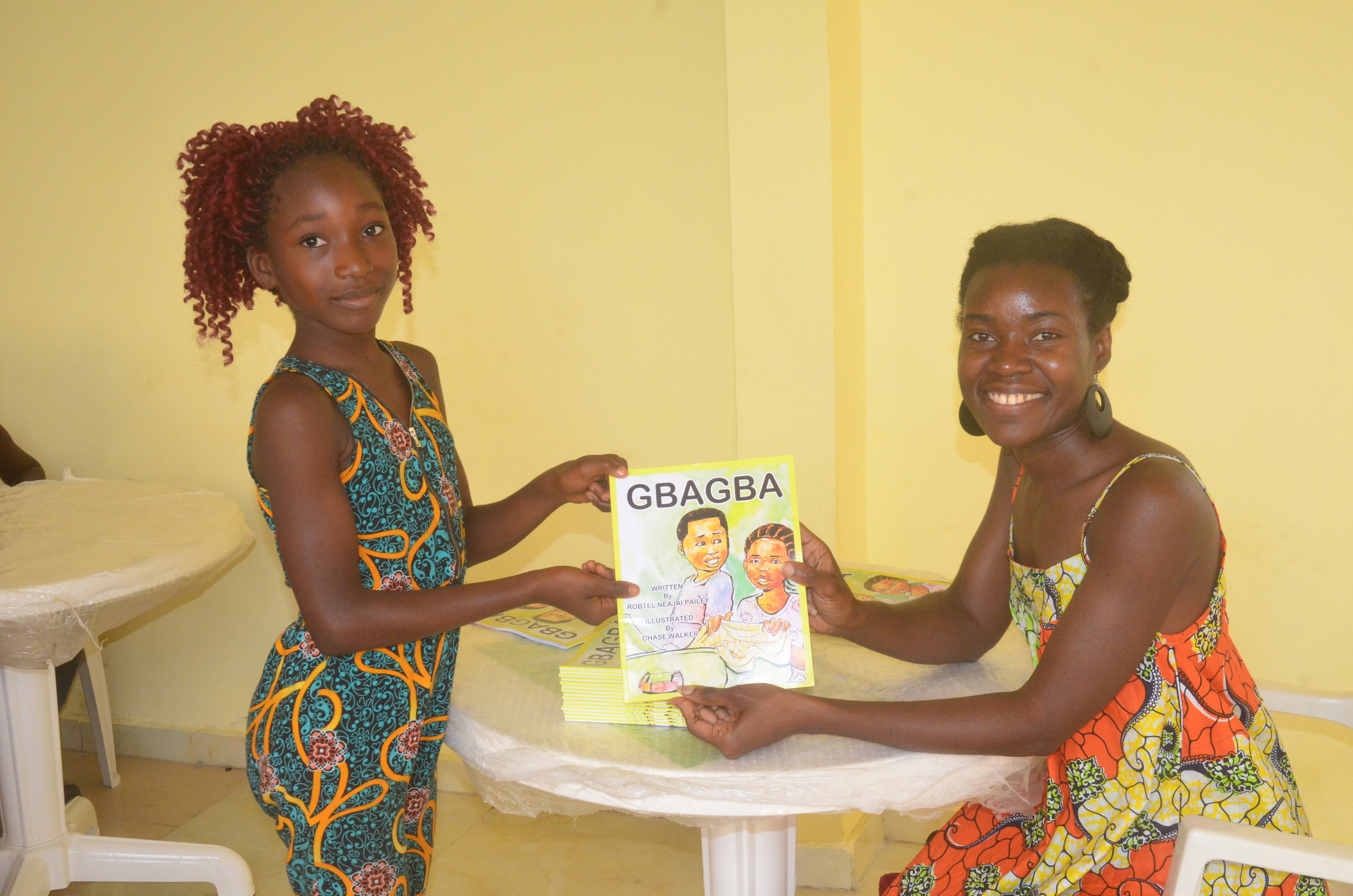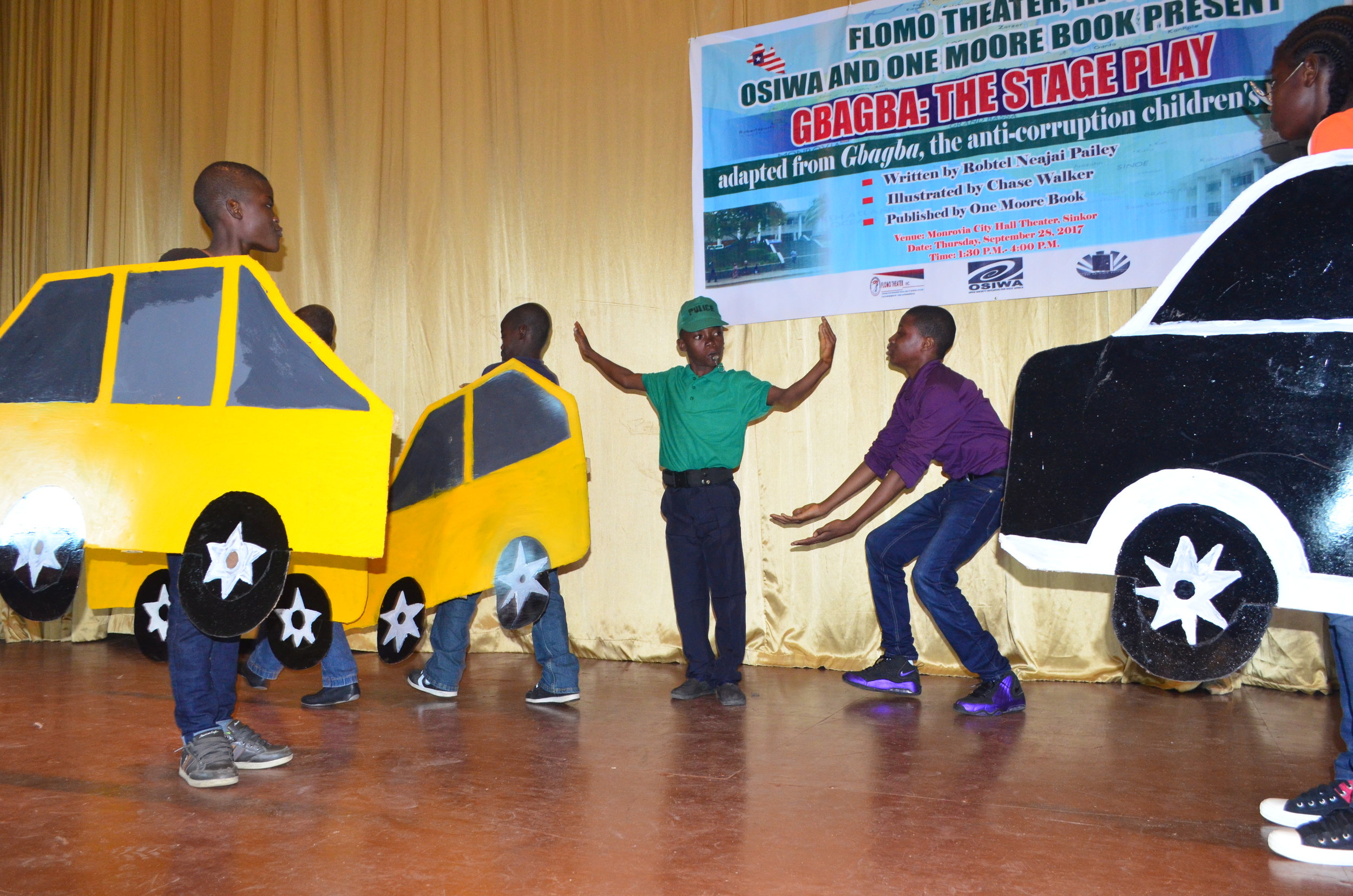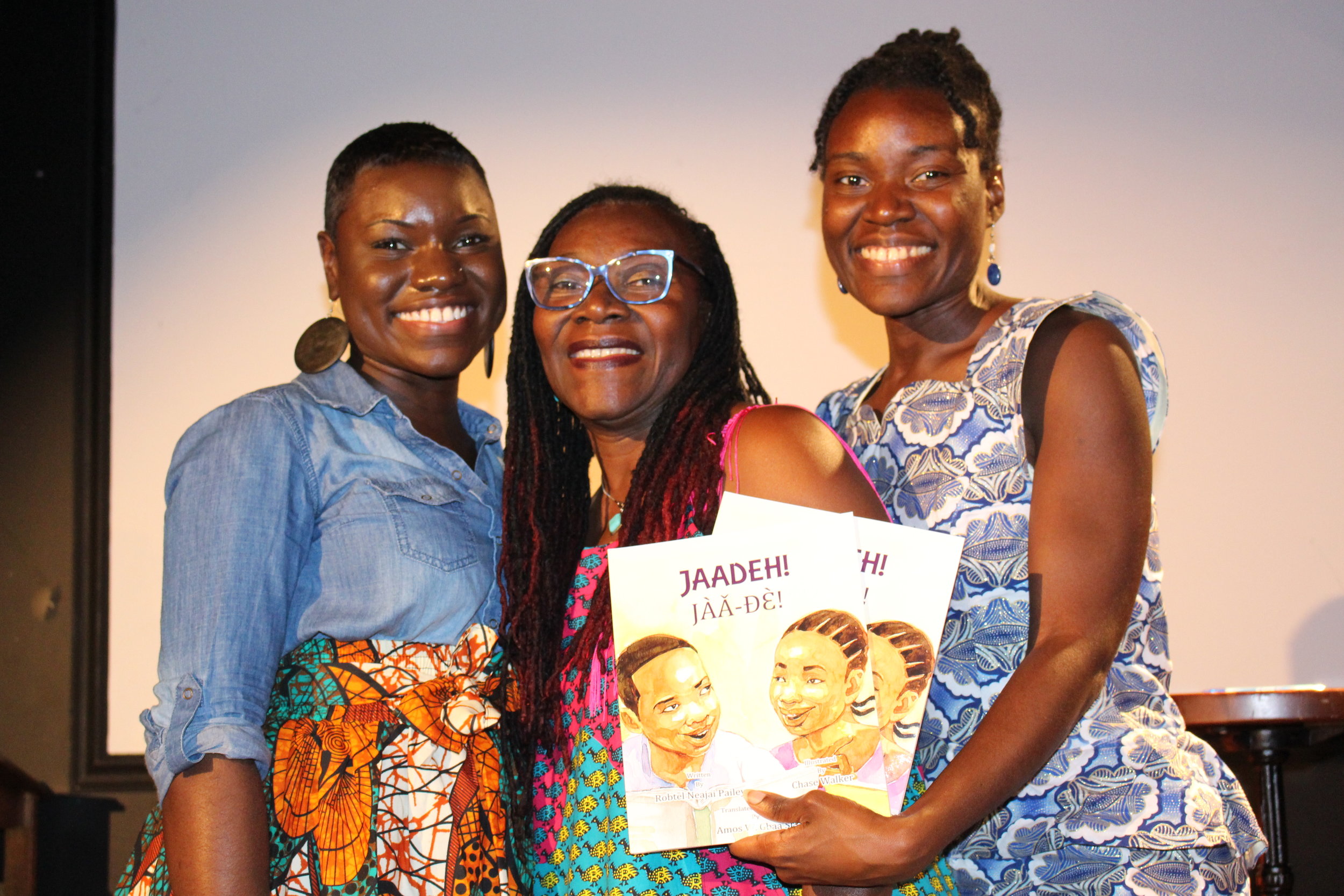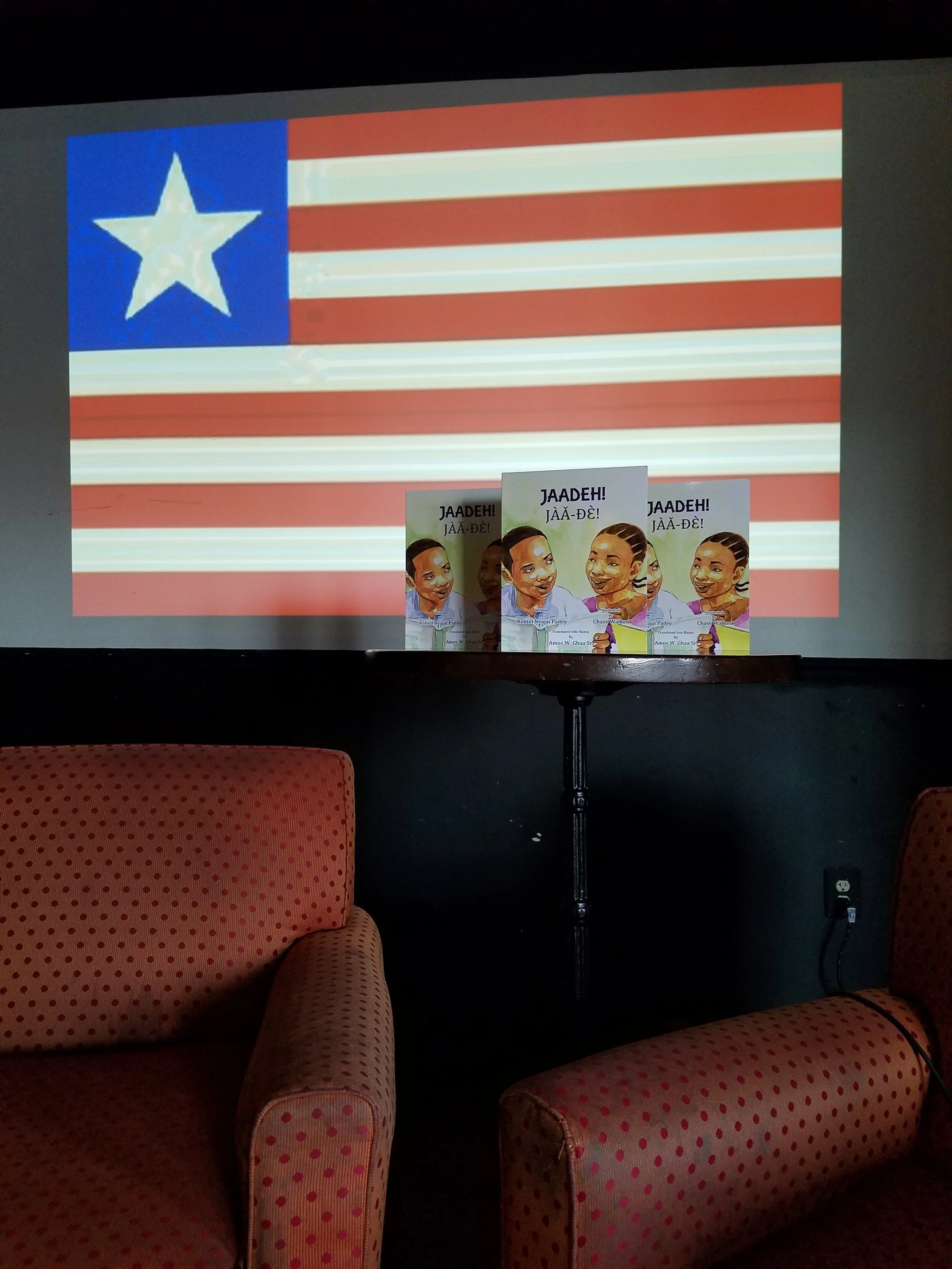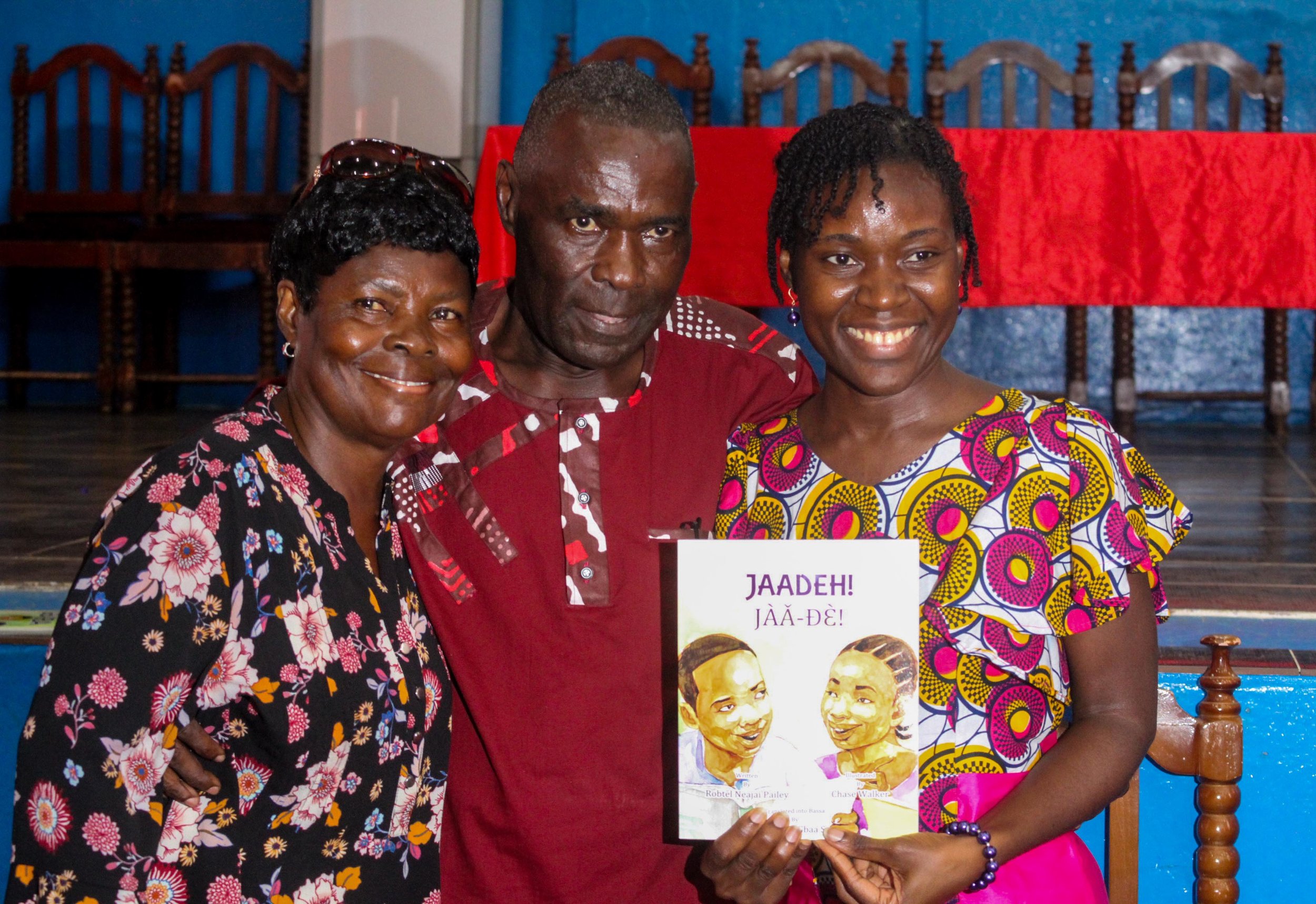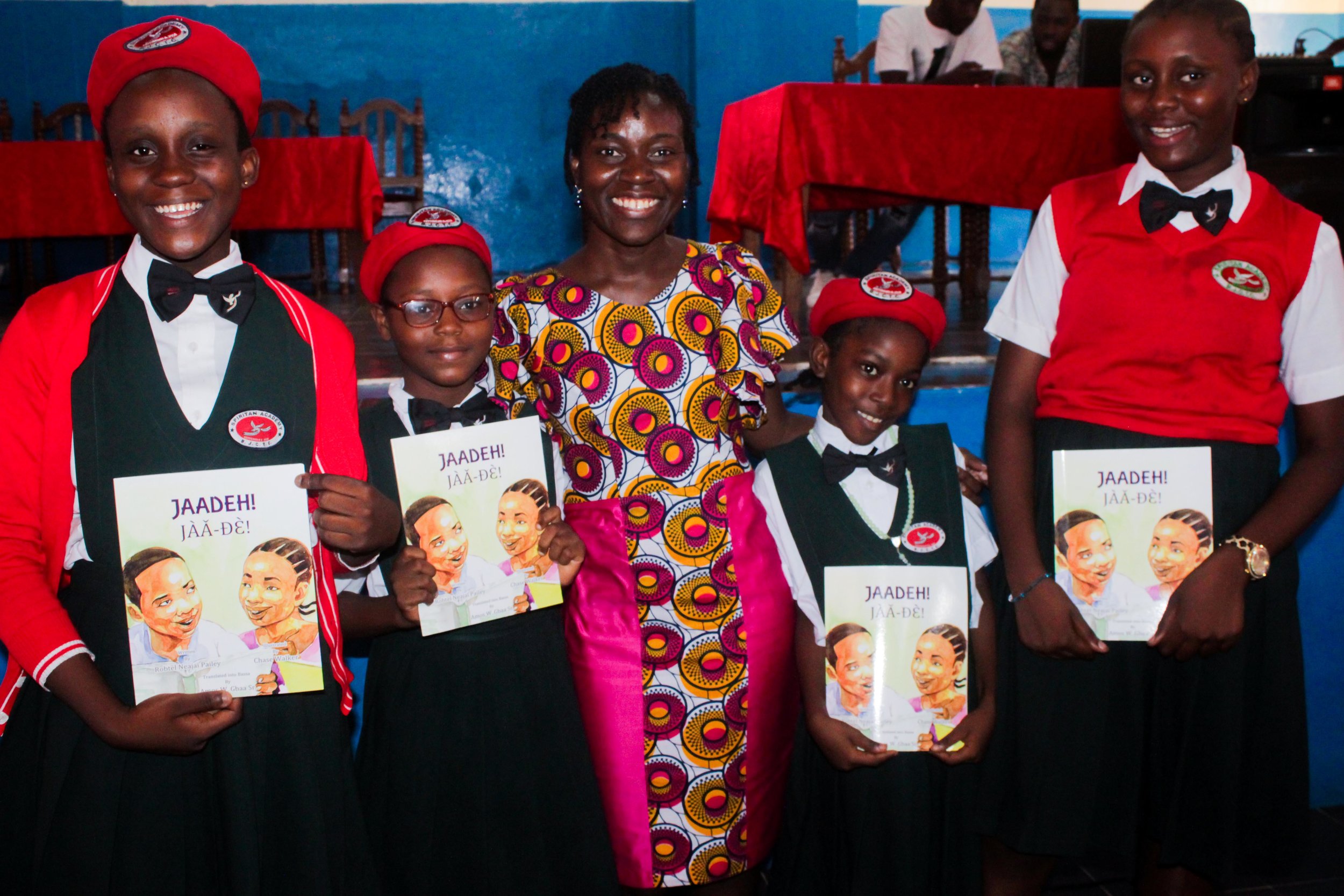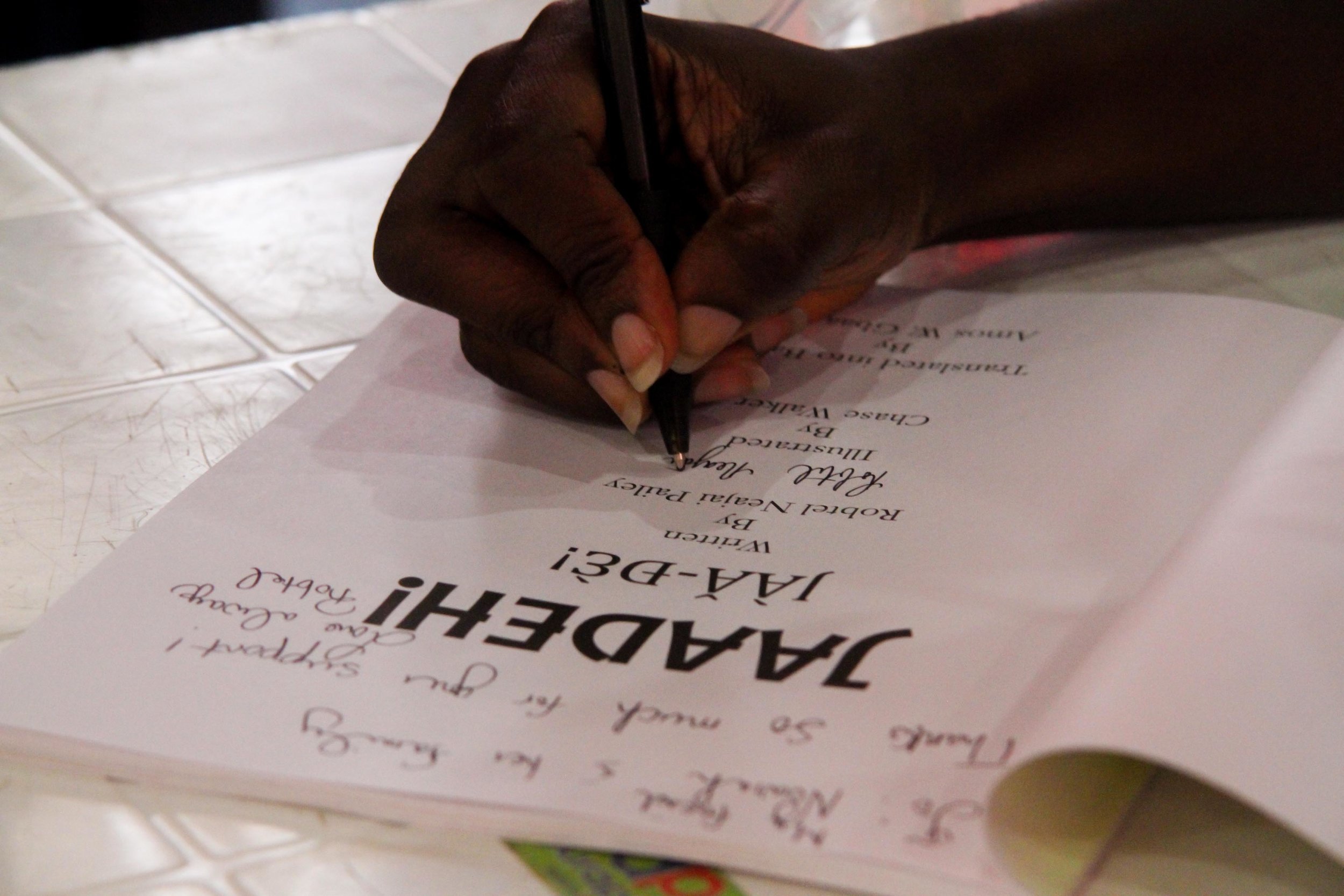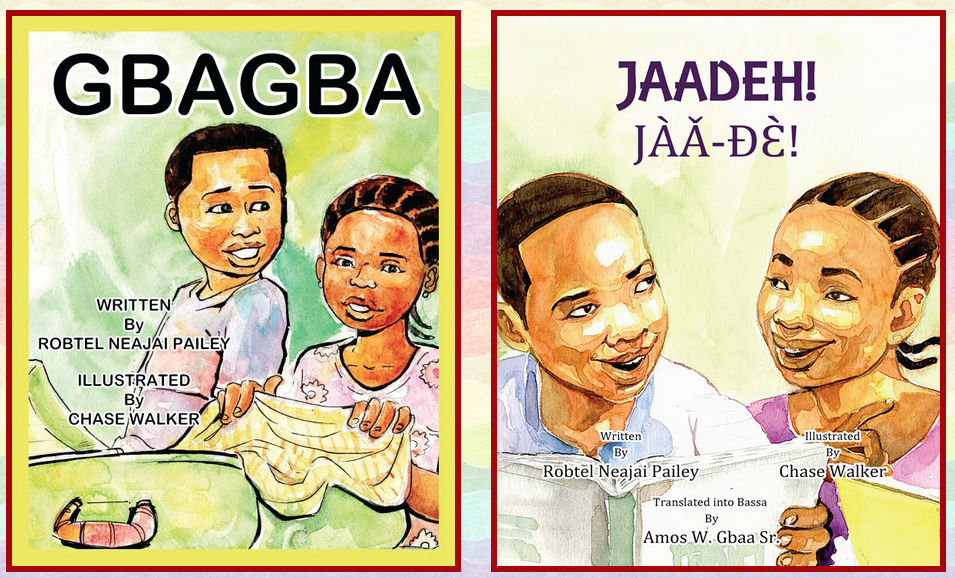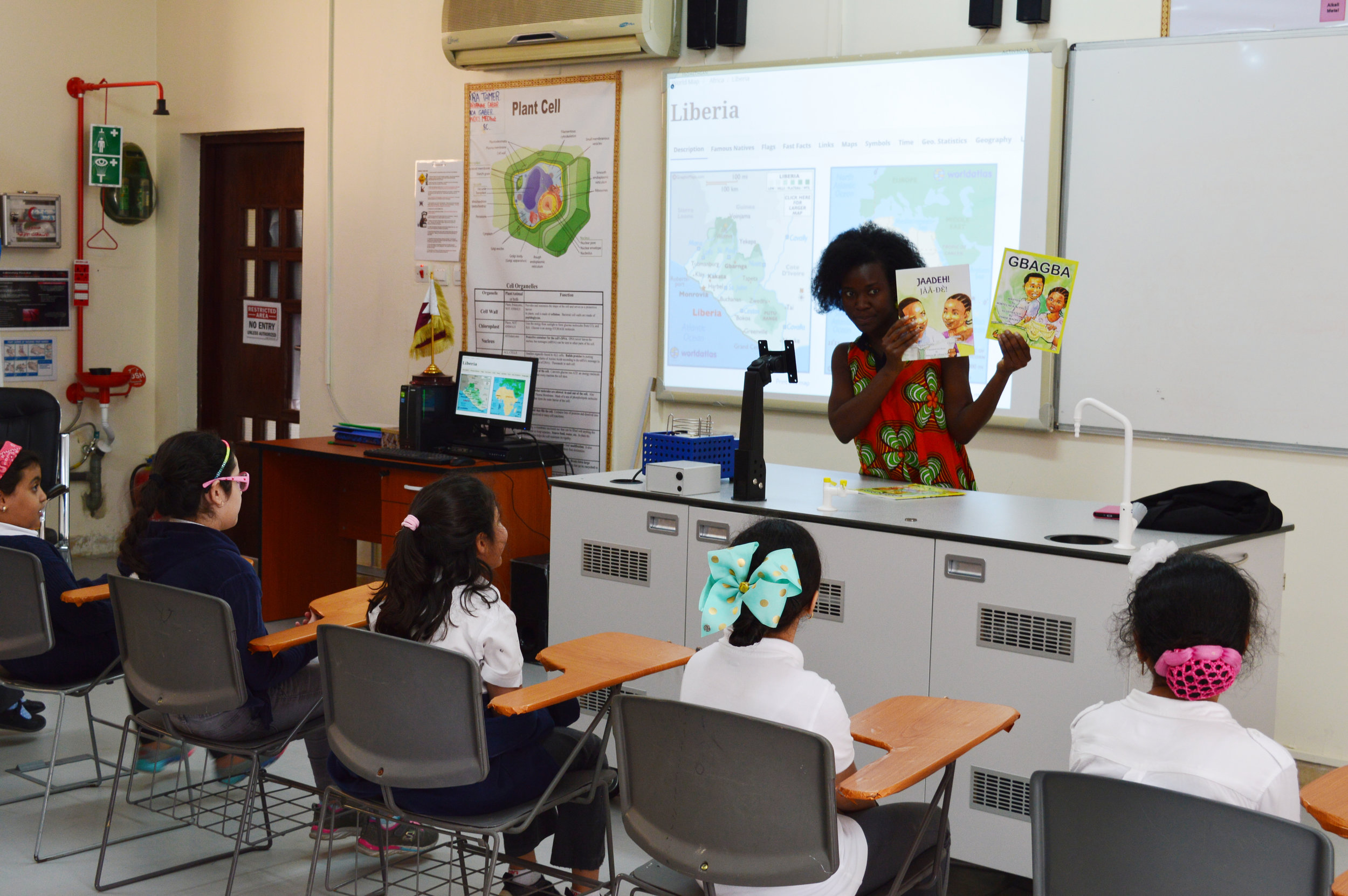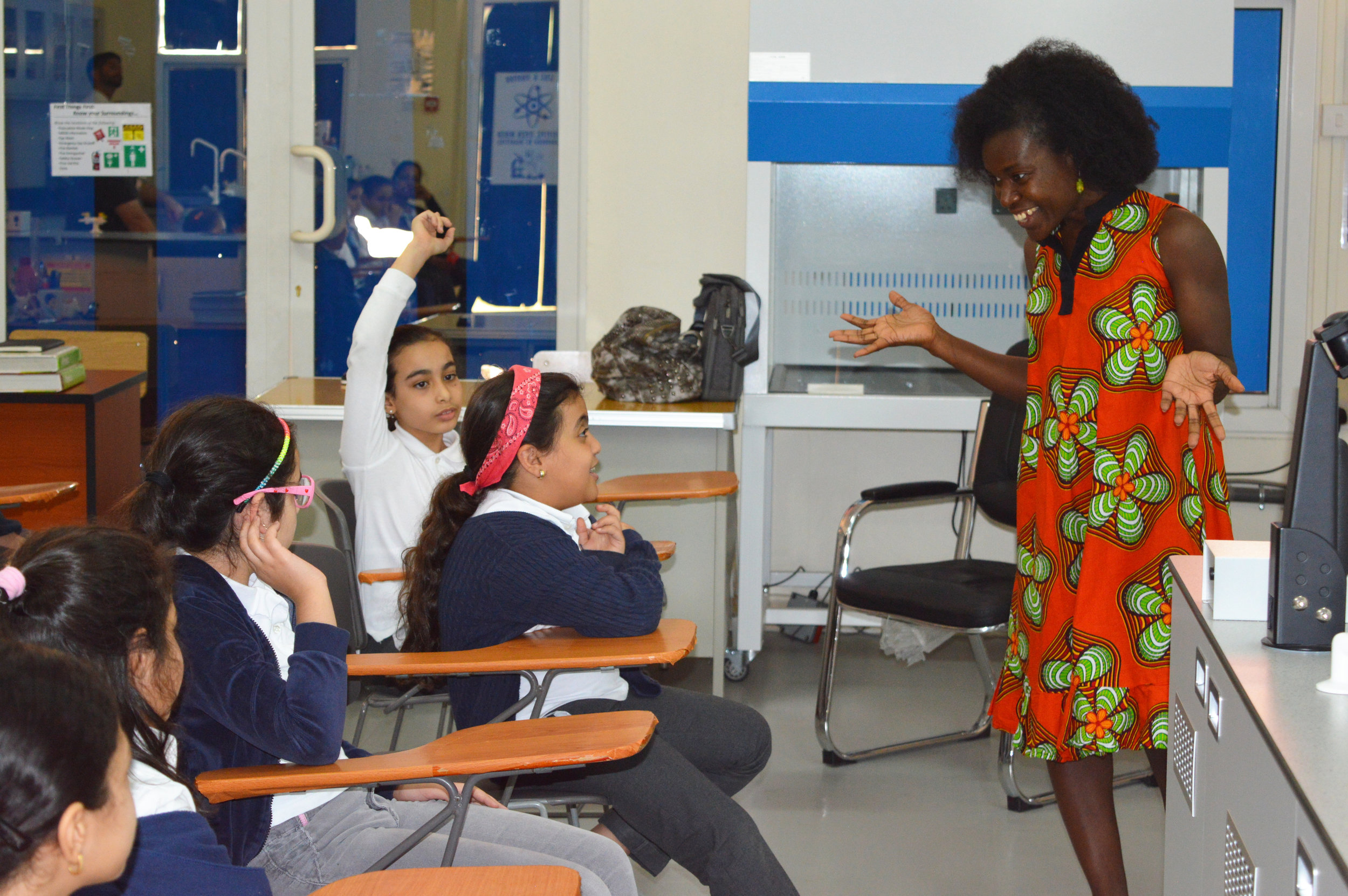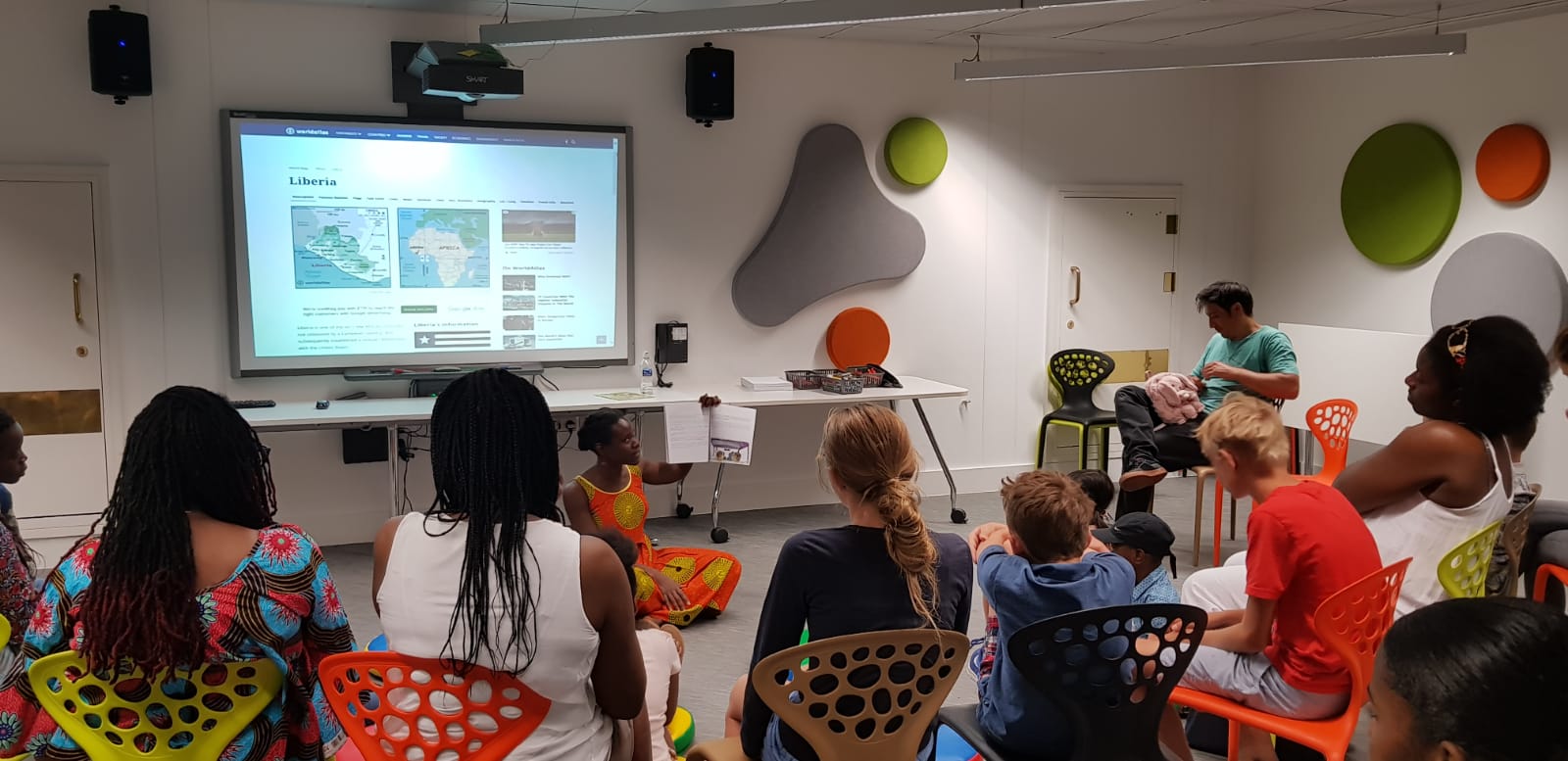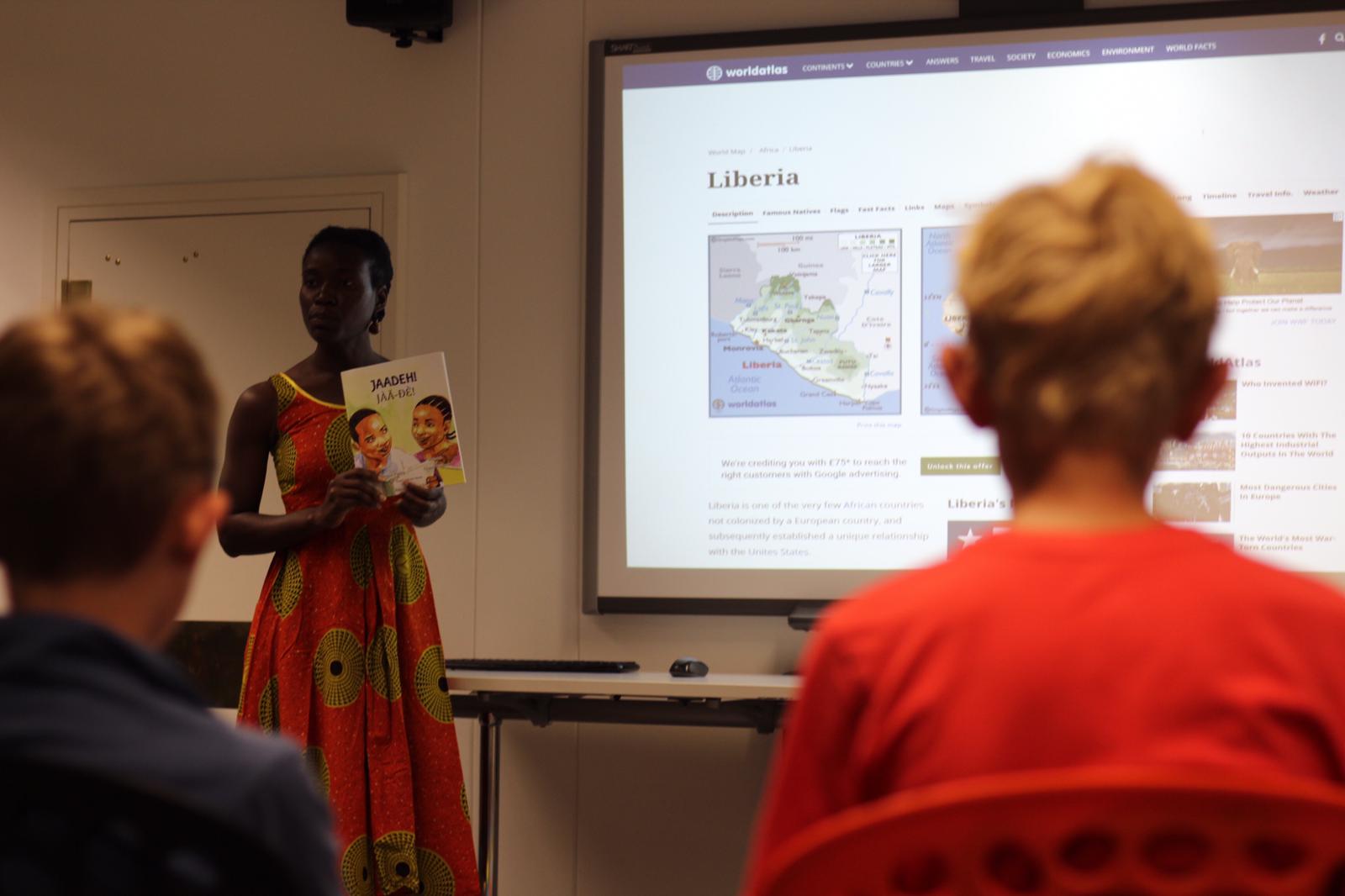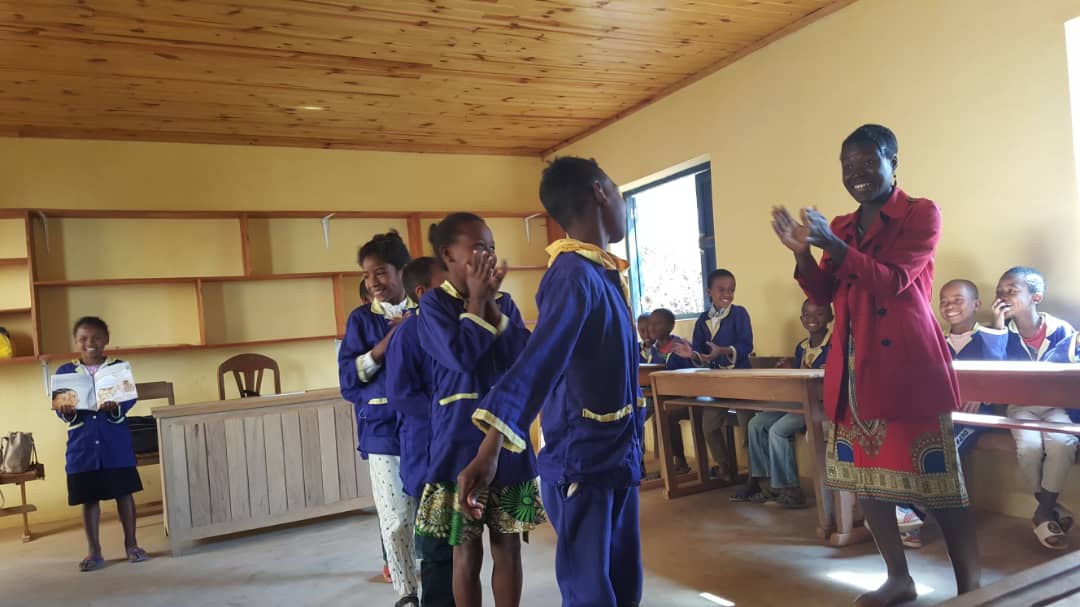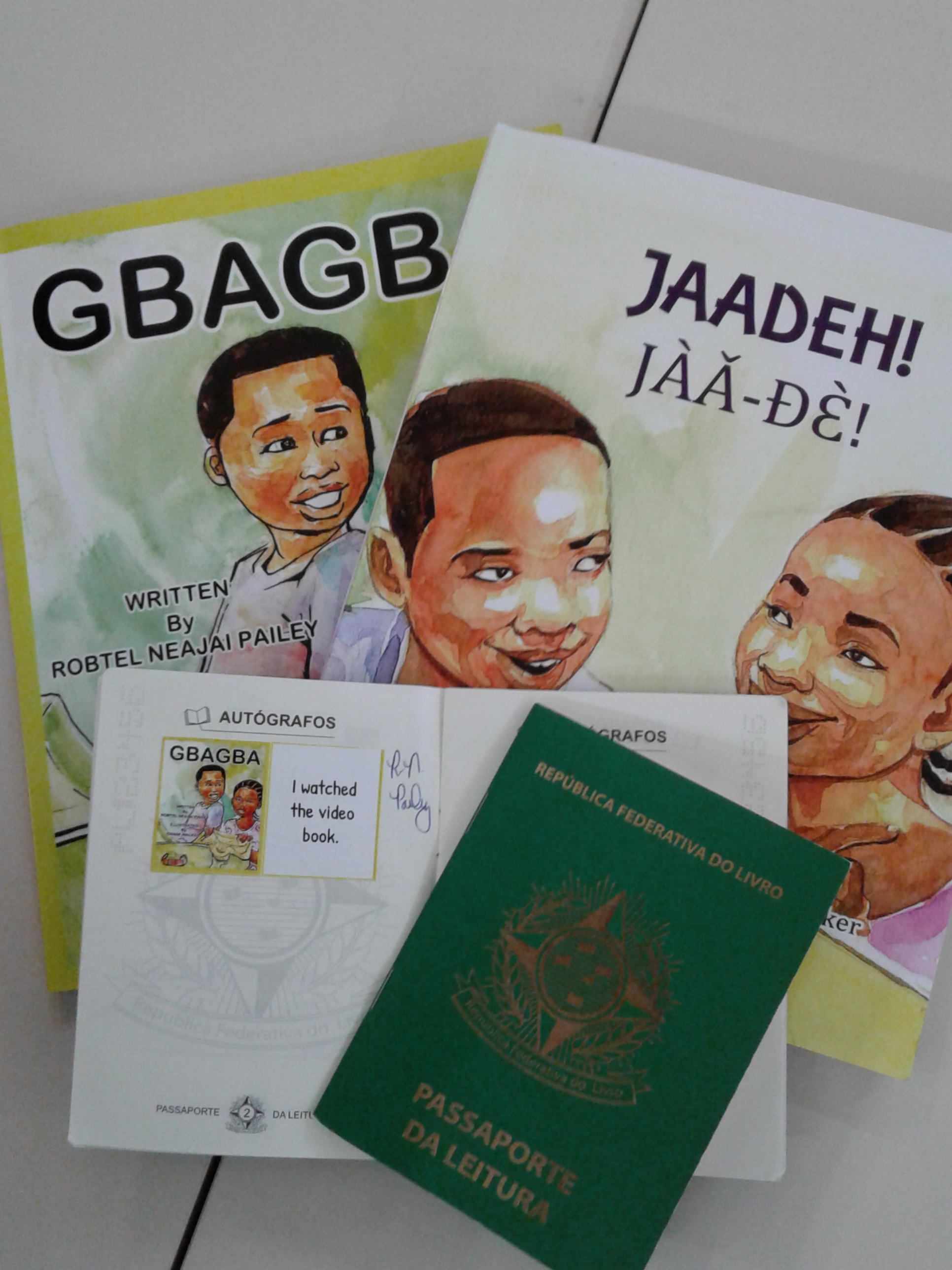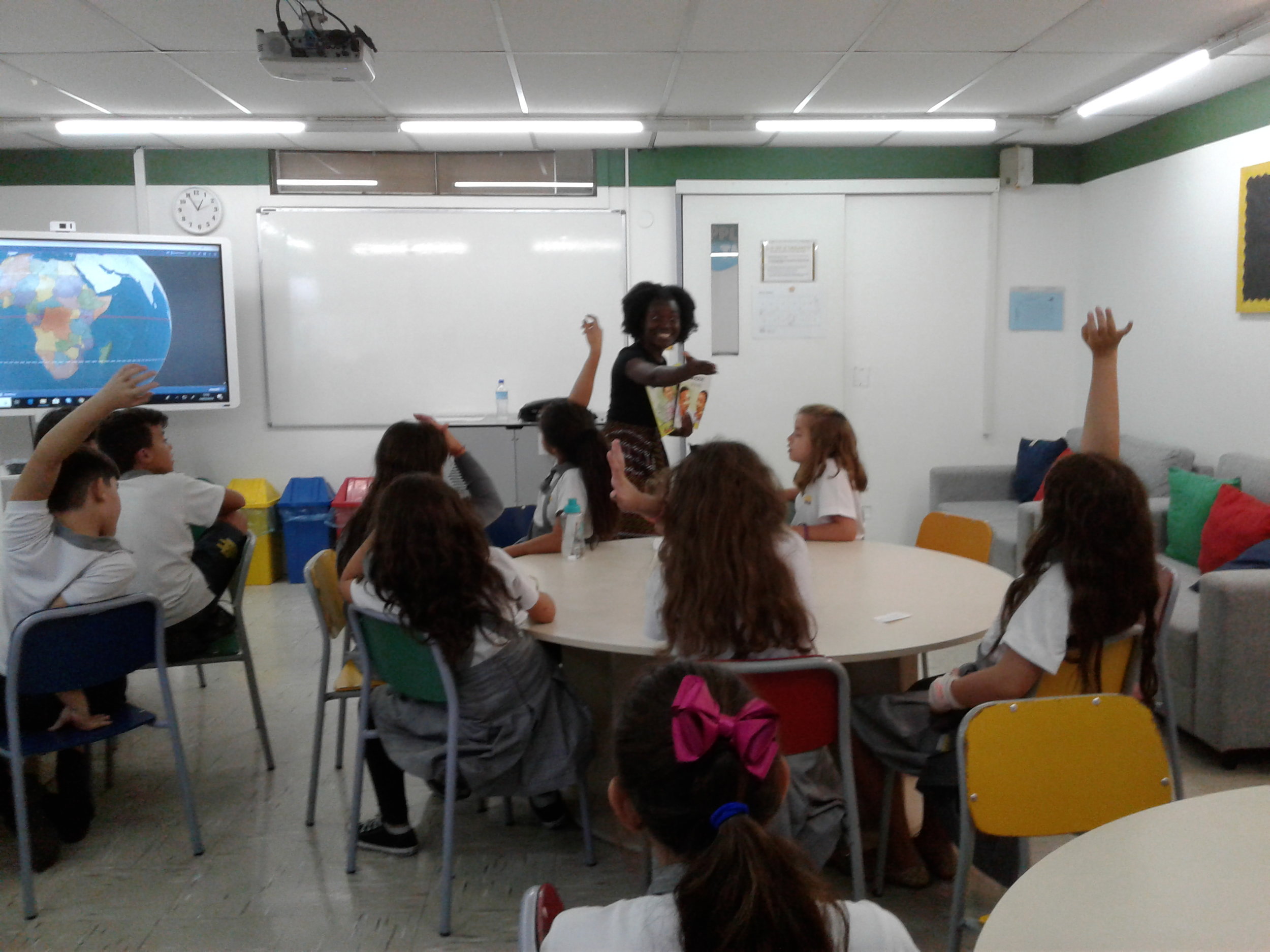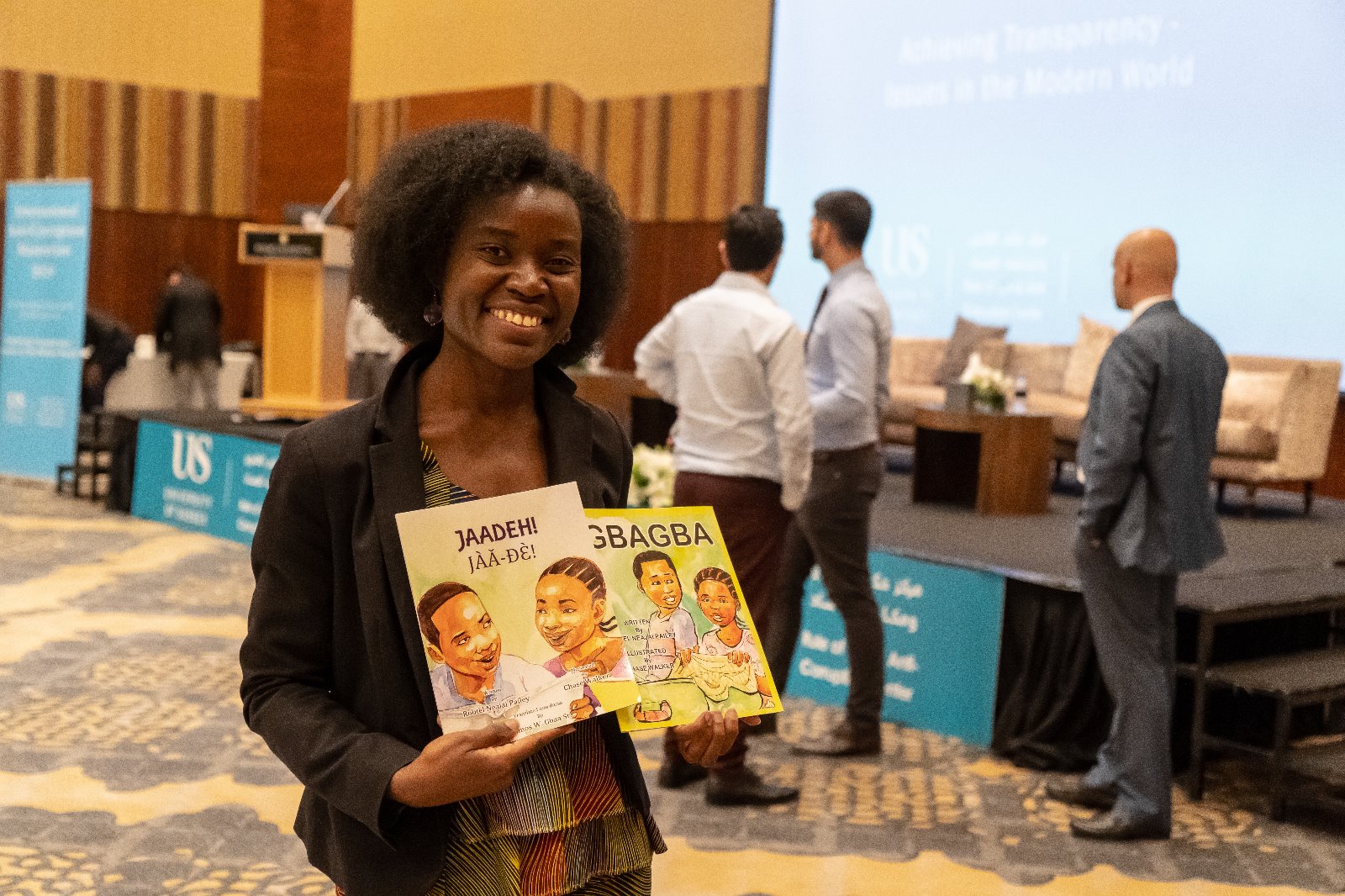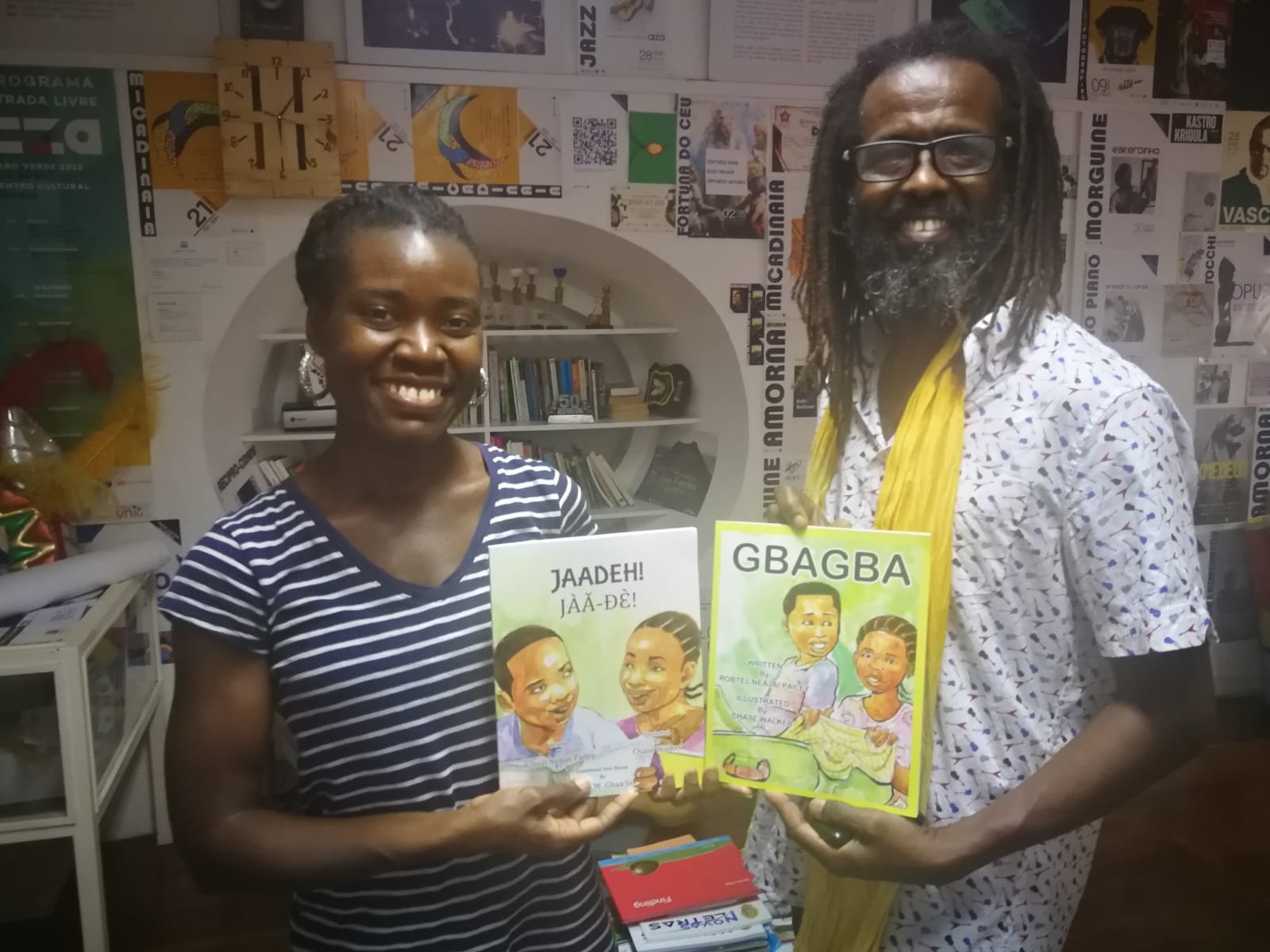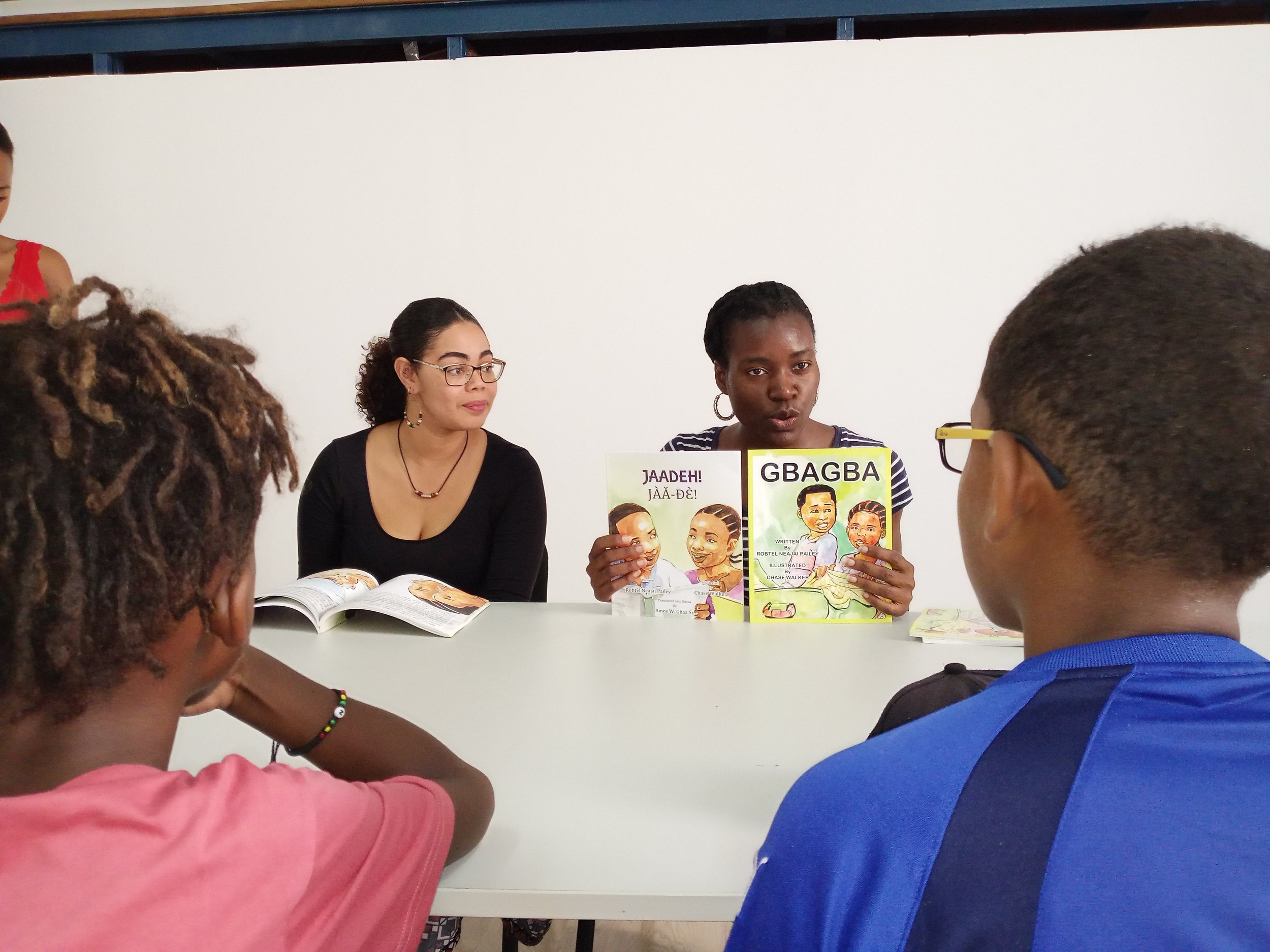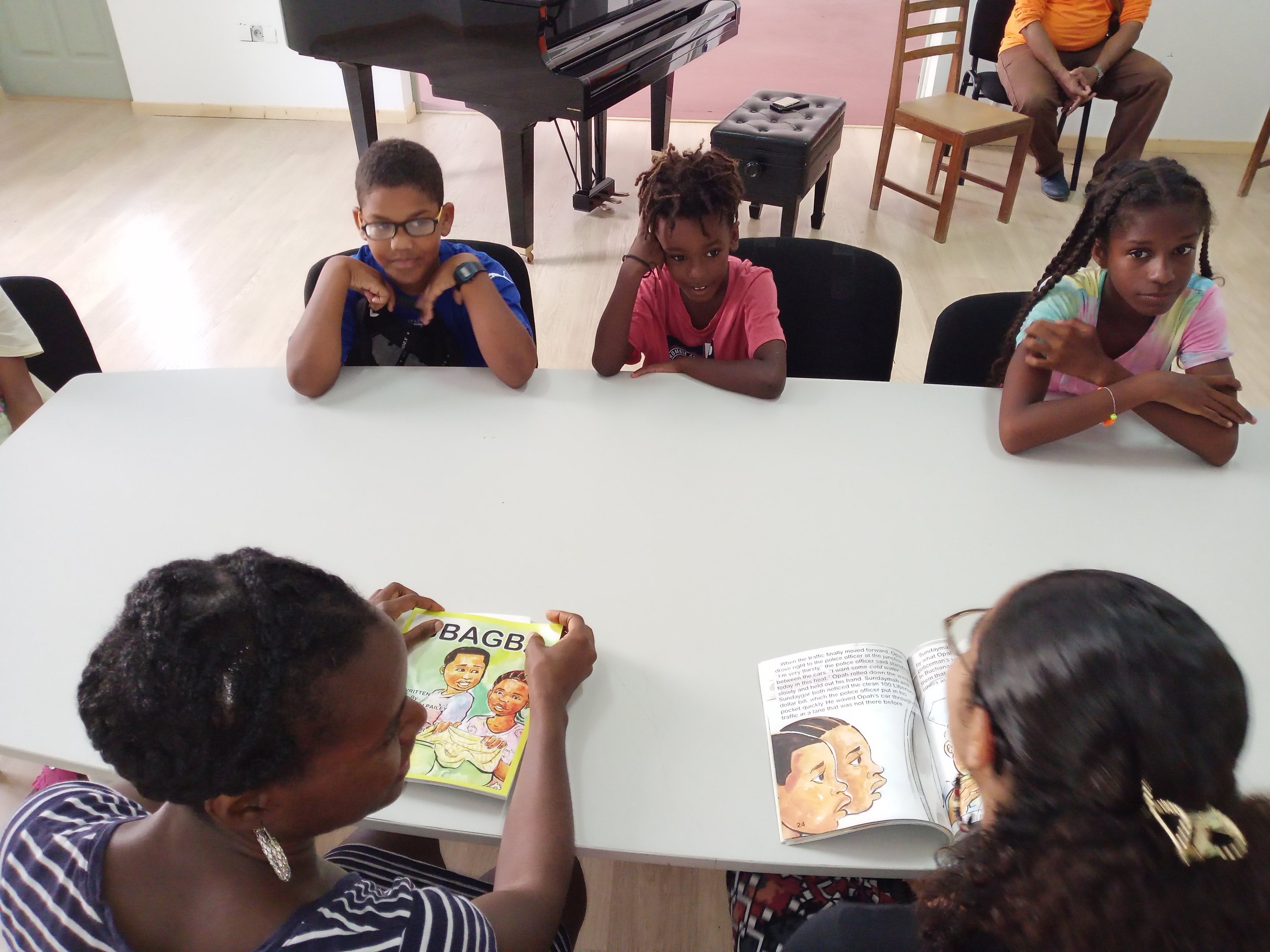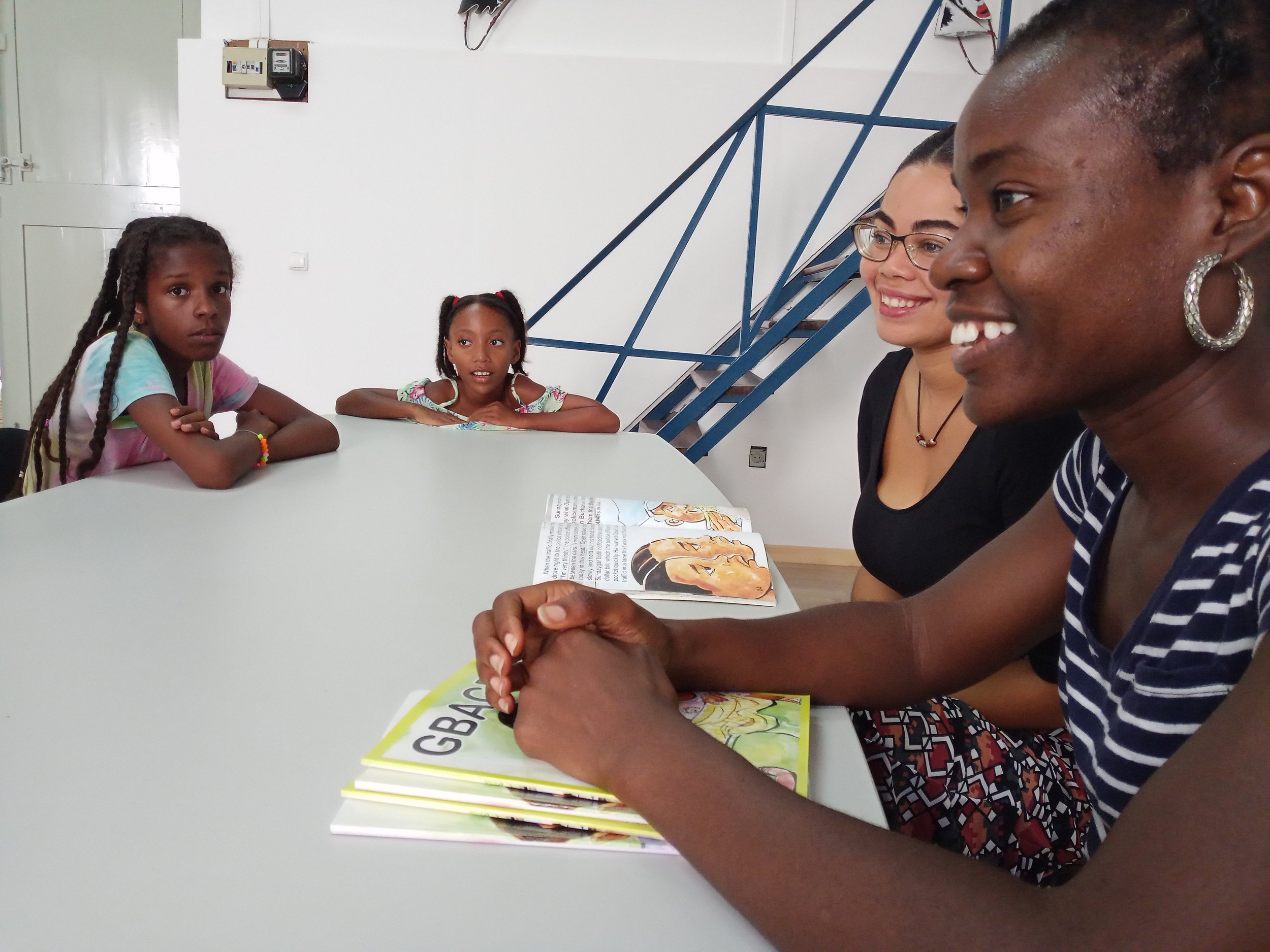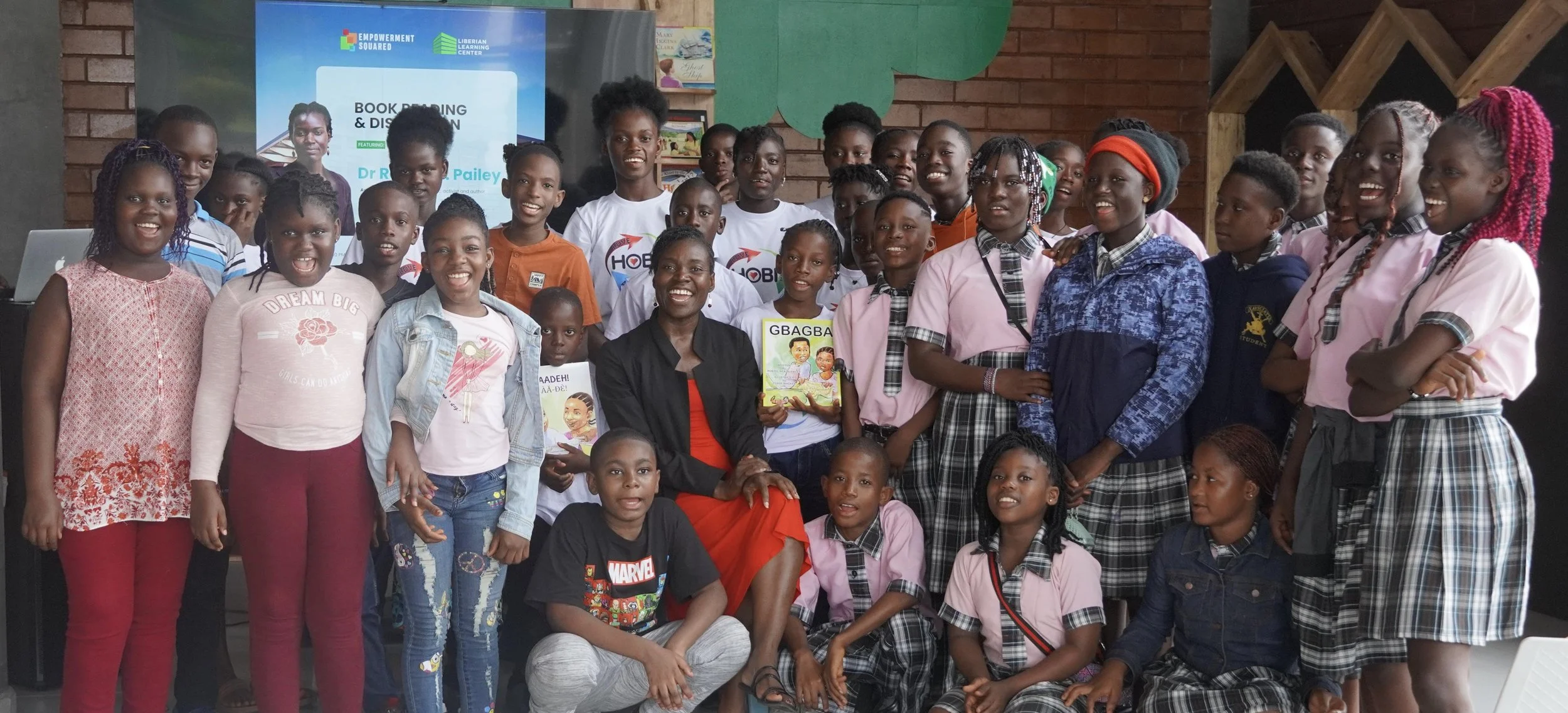For years after the end of both the first and second Liberian civil wars, there’ve been ruminations about how, or if, the Liberian government would assemble a war and economic crimes court to hold accountable those who committed and continue to commit atrocities against the nation’s men, women and children.
Recently, grassroots activists and government officials have reignited calls for the judicial body. These demands come amidst both the rise of a former warlord to a top senatorial position and ongoing allegations of corruption and violence within the administration of Liberian President George Weah.
While the rallying cry has reached a fever pitch within a matter of weeks, some Liberians across the globe, including Robtel Neajai Pailey, have long used their platforms to espouse support of the court along with other measures that would allow Liberians to confront the deep-seated problems plaguing their small West African nation.
“It’s almost like the elephant in the room. People have to pay for those crimes,” said Pailey, the author of “Development, (Dual) Citizenship and Its Discontents in Africa” in which she challenges the popular notion that dual citizenship would improve Liberia’s socioeconomic situation. Additionally, she makes the case for Liberians to establish an identity outside of what the American Colonization Society manufactured in the early 19th century.
In her book, Pailey posits that since the country’s founding, Liberia has struggled to formulate citizenship norms under which each and every Liberian, regardless of ethnic identity or economic standing, feels included.
She said the relevance of this perspective comes at a time when those responsible for human rights abuses during the war continue to walk among the people and hold positions of power.
“People are still very supportive of the war crimes court [because] the level of impunity doesn’t bode well for the future. It sends a message that anyone can do anything,” Pailey said…

